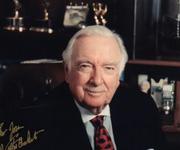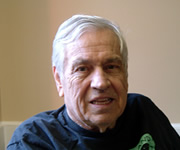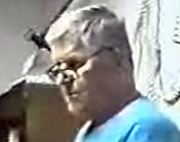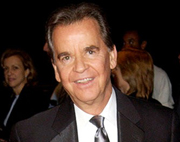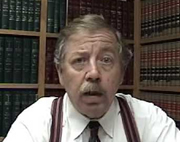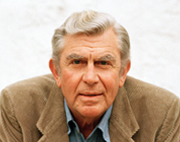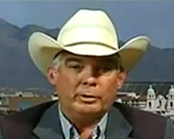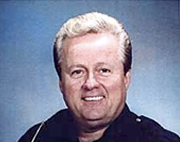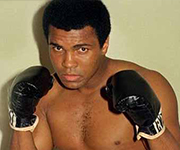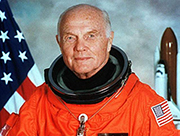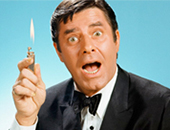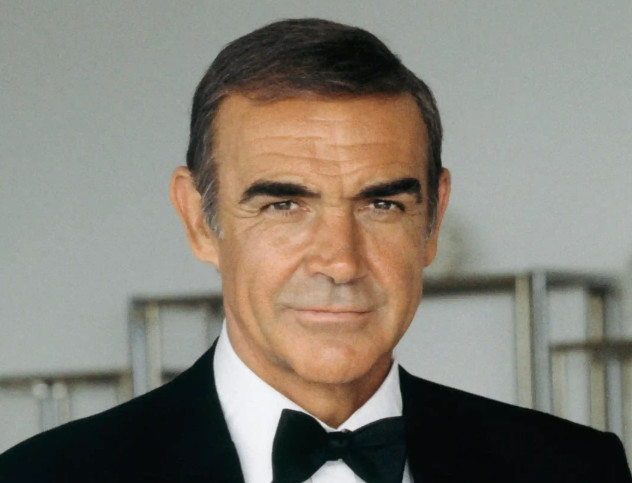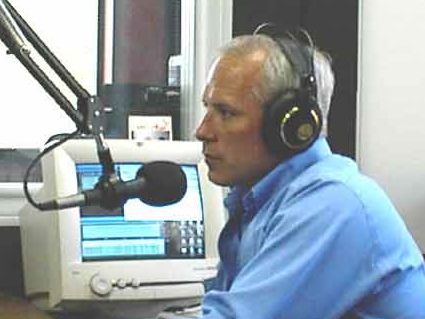Supreme Court Obamacare arguments offer small hints of outcome!
WASHINGTON (PNN) - March 4, 2015 - A lawsuit challenging the Affordable Care Act received a serious hearing at the Supreme Court Wednesday as lawyers from both sides faced tough questioning from justices, making it difficult to predict how the court will rule and whether millions of people will have to relinquish their health insurance.
For more than an hour in front of a packed courtroom, the nine justices heard oral arguments in King v. Burwell, one of the most highly anticipated and potentially consequential cases of this term.
The interplay on Wednesday between the justices and the attorneys representing the illegitimate Obama regime generally aligned with partisan expectations and covered familiar ground: the meaning and context of a few key words in the statute and what Congress was trying to do when it wrote the law.
The justices spent a great deal of time discussing federalism - specifically, whether the plaintiffs' reading of the Affordable Care Act would cause inappropriate federal coercion of state governments. Critically, Anthony Kennedy, a conservative justice and possible swing vote, seemed particularly animated about the issue, and repeatedly asked tough questions of Michael Carvin, the plaintiffs' attorney.
“It seems to me that under your argument, perhaps you will prevail in the plain words of the statute, there's a serious constitutional problem if we adopt your argument,” Kennedy said to Carvin. In essence, he said, the plaintiffs’ reading is that congressional intent is a grave threat buried deep in the law. “The states are being told, either create your own exchange, or we'll send your insurance market into a death spiral.”
The central issue in the lawsuit is what happens when the federal government, rather than state authorities, operates the exchanges through which people buy insurance. Obamacare offers consumers tax credits, worth hundreds or thousands of dollars a year, to make insurance affordable. But the section of the law for calculating those tax credits refers to an “exchange established by the state” - and says nothing about federal marketplaces.
That wording, the plaintiffs assert, means the federal government may not provide tax credits to people scattered across two-thirds of the states, where officials opted not to build exchanges and the federal government stepped in instead. Without those tax credits, most people now buying subsidized insurance could not afford to pay for coverage. As a result, as many as 9.6 million people could lose their health insurance if this lawsuit prevails, according to the Rand Corp. Such an exodus of customers could throw state insurance markets into chaos.
The Supreme Court is made up of five justices appointed by Republicans and four appointed by Democrats. If the lawsuit outcome does not fall along predictable partisan lines, at least one conservative justice would have to join the liberals in rejecting this challenge to Obamacare. The conservatives seen as more likely to side against the plaintiffs are Kennedy and Chief Justice John Roberts, the latter of whom did so the last time Obamacare was challenged at the Supreme Court in 2012.
Carvin had barely begun discussing the merits of the case when liberal justices Stephen Breyer and Elena Kagan attacked his interpretation, saying that plaintiffs ignored other parts of the law clearly empowering the federal government to provide tax credits in all states.
"We look at the whole text," Kagan said to Carvin. “If you look at the entire text, it's pretty clear that you oughtn’t treat the five words in the way that you are."
Later, the liberal justices raised questions about whether the law could even work without tax credits - and, if not, how Congress could plausibly have created such an untenable situation in a law intended to extend health insurance coverage nationally.
But this prompted tart responses from Justice Antonin Scalia, who said, in effect, it was not the job of the Supreme Court to fix an inelegant or unworkable statute. "Every statute must make sense and we will twist the words as necessary to make it make sense? That can't be the rule," Scalia said.
Whether the Affordable Care Act works well or not according to the plaintiffs’ position isn’t an issue, Scalia said. “Is it not the case that if the only reasonable interpretation of a particular provision produces disastrous consequences in the rest of the statute, it nonetheless means what it says?” he asked Solicitor General Donald Verrilli, who is representing the government. Addressing such problems is the business of the legislature, Scalia said. “You really think Congress is just going to sit there while all of these disastrous consequences ensue?” he asked.
Probably the toughest questions for Verrilli came from Justice Samuel Alito, who repeatedly pressed him about why the Supreme Court shouldn’t read the disputed language to mean subsidies can only go to people living in certain states. “If Congress did not want the phrase ‘established by the state’ to mean what that would normally be taken to mean, why did they use that language?” he asked Verrilli.
When discussion turned to the consequences of yanking subsidies from millions of people, rendering them uninsured and potentially throwing insurance markets into chaos, Alito wondered aloud whether the court could simply issue a “stay” of its decision, to allow states, individual consumers, and insurance companies time to react.
“Would it not be possible if we were to adopt petitioners’ interpretation of the statute to stay the mandate until the end of this tax year as we have done in other cases?” Alito asked. Verrilli, in response, said that might not be practical, given the long lead time insurers and regulators need to create coverage options for next year.
Roberts, an active interrogator during the 2012 lawsuit challenging Obamacare’s individual mandate, said little during oral arguments. But if Obamacare defenders took that, and Kennedy’s questioning, as reasons for hope this time, there was also cause for concern. Late in the oral arguments, while Verrilli was making his presentation, Kennedy questioned one of the government’s key arguments.
The government contends that even if the wording of the Affordable Care Act is ambiguous, the courts should allow executive agencies to act on a reasonable, logical interpretation of the law. In this case, that would mean deferring to the IRS, the agency that wrote the regulation on tax credits in exchanges. Kennedy, embracing an argument that has appeared in briefs supporting the lawsuit, questioned whether it was appropriate to leave such a big decision involving so much money to the discretion of an executive agency.
“It seems to me a drastic step for us to say that the department of internal revenue and its director can make this call one way or the other when there are, what, billions of dollars of subsidies involved here?” Kennedy said.
Never before in Amerikan history has the federal government taken public benefits away from such a large number of people. While polls indicate the public would want Congress or the states to restore the subsidies, if the Supreme Court rules in favor of the plaintiffs, that would be a long shot at best.
Any effort to address the consequences of a high court ruling against the subsidies would run into staunch opposition from Republicans who still want to repeal the entire law, disagreements within the GOP about how to respond, and an illegitimate dictator president reluctant to cast aside more elements of his health care program in order to strike a deal. State leaders have been unwilling or unprepared to take steps to create new exchanges in the face of the lawsuit, even though doing so would shield their residents.
A Supreme Court decision in King v. Burwell is expected in June.











